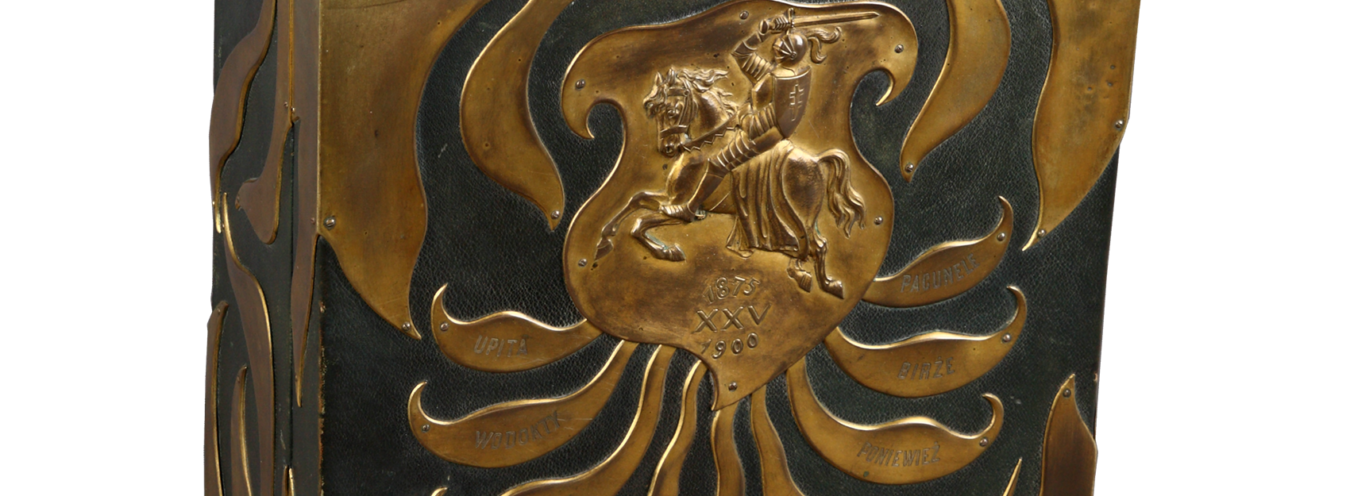Political Theology of Henryk Sienkiewicz
Henryk Sienkiewicz included the basic assumptions developed and affirmed by modern political theology, though involuntarily and in an unsystematic manner, not only in the way he structured the Trilogy but also in his journalist writings. The fundamentals of this field of knowledge were laid in the 20th century, primarily by Carl Schmitt and Eric Voegelin.[1]Reading the Trilogy is a constant reminder that you cannot create and maintain political order without regard for the organizing power of religion while introducing categories developed by modern thought (psychology, ethics and especially sociology, etc.) is only – as political theologists argue – a sectarian attempt to distort and appropriate the original theological categories developed by ancient and medieval thinkers. “Enlightened utilitarianism is but the first in a series of totalitarian, sectarian movements to be followed later by positivism, communism and national socialism.”[2]
Sienkiewicz countered all the pretense of the modern mind with his oeuvre and his ideological stance. He refuted the looming communism by writing Whirlpools (Wiry) and national socialism by creating The Teutonic Knights (Krzyżacy), while his journalism accurately diagnosed the Prussian political system as one that could give rise to Nazism. Sienkiewicz incurred the anger of Polish positivists by writing the Trilogy, which negated Polish positivist utilitarianism and pointed to another identity source: Christian heroism. He was criticized by Roman Dmowski for his universalism, which the politician perceived as a type of cosmopolitanism.[3] The creator of the Trilogy did not seem to please any of the political leaders, whereas he himself performed – unwittingly at first – a very important political job for the benefit of a community, which would certainly be less powerful if it was not for its theological dimension.
Let us try to discern here to what extent Sienkiewicz based his vision of a state on the pre-modern ideas, on the unconsciously perceived power of these traditions and to what degree he was forced to update and reclaim those archetypal ideas about the functioning of a community, especially in juxtaposition to the schools of Enlightenment and Polish positivism, which had largely shaped his generation and his own intellect. The destructive influence of those attitudes had become one of the main concerns of the political theologists, Voegelin in particular, who showed how the Enlightenment’s concepts of state, progress, and the social contract had intercepted and appropriated the theological categories.[4]
Przypisy
- The modern understanding of the term “political theology” was introduced by Sarl Schmitt in his thess Politische Theologie. Vier Kapitel zur Lehre von der Souveränität (1922) and Römischer Katholizismusundpolitische Form (1923, and it was developed and further established by him well into his latest writings in the 1970s. Voegelin’s thought is often placed within the same school because of the similarity of findings even though Voegelin never really used the term “political theology” and the research of both thinkers was thoroughly independent. On how Voegelin’s work was perceived: Problem ładu politycznego. Eseje o twórczości Erica Voegelina [The problem of political order: Essays on the works of Eric Voegelin], edited by A. Miętek and M. J. Czarnecki, translated by M. Bizoń et al, Warsaw 2010 [editor’s note].
- E. Voegelin, From Enlightenment to Revolution, edited by John H. Hallowell, Duke University Press, Durham 1975, p. 52. The From Enlightenment to Revolution volume was published in 1975, however, its pages contained texts written in the 1950s concurrently with the quintessential writings of Voegelin, The New Science of Politics created in 1952 and the Order and History series, the first three volumes of which were published between 1956 and 1958, which means it falls into the 1959 period, before his return to Germany, which brought on the changes in Voegelin’s conceptual apparatus as well as the increasing turn from political science in the strict sense (although the core of Voegelin’s convictions did not undergo a fundamental change). As opposed to the most important writings of Voegelin from the 1950s, which were overtly systemic in nature, From Enlightenment to Revolution is rather a collection of studies constituting arguments supporting Voegelin’s thesis on the gnostic nature of the ideological changes starting from the 18th century (developed to its fullest in The New Science of Politics) composing a diachronic order. Nevertheless, it is this exact volume which constitutes the most precise exposition of Voegelin’s thesis on the ideological changes of modernity and the modern period [editor’s note].
- See R. Skrzycki [R. Dmowski], “‘Bez dogmatu.’ Luźne notatki” [Notes on Without Dogma], Głos 1891, vol. 36, pp. 428–429, vol. 37, pp. 441–442.
- Ibidem.
Warning: Undefined array key 0 in /home/klient.dhosting.pl/aszulinska/nplp.pl/public_html/wp-content/themes/nplp/functions.php on line 1197
Warning: Attempt to read property "name" on null in /home/klient.dhosting.pl/aszulinska/nplp.pl/public_html/wp-content/themes/nplp/functions.php on line 1197
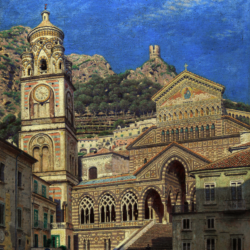
Warning: Undefined array key 0 in /home/klient.dhosting.pl/aszulinska/nplp.pl/public_html/wp-content/themes/nplp/functions.php on line 1197
Warning: Attempt to read property "name" on null in /home/klient.dhosting.pl/aszulinska/nplp.pl/public_html/wp-content/themes/nplp/functions.php on line 1197
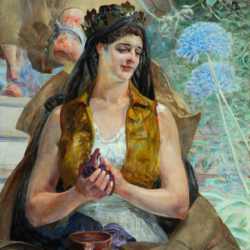
Warning: Undefined array key 0 in /home/klient.dhosting.pl/aszulinska/nplp.pl/public_html/wp-content/themes/nplp/functions.php on line 1197
Warning: Attempt to read property "name" on null in /home/klient.dhosting.pl/aszulinska/nplp.pl/public_html/wp-content/themes/nplp/functions.php on line 1197
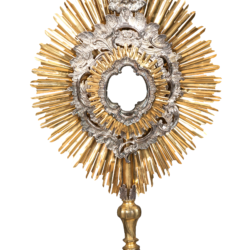
Warning: Undefined array key 0 in /home/klient.dhosting.pl/aszulinska/nplp.pl/public_html/wp-content/themes/nplp/functions.php on line 1197
Warning: Attempt to read property "name" on null in /home/klient.dhosting.pl/aszulinska/nplp.pl/public_html/wp-content/themes/nplp/functions.php on line 1197

Warning: Undefined array key 0 in /home/klient.dhosting.pl/aszulinska/nplp.pl/public_html/wp-content/themes/nplp/functions.php on line 1197
Warning: Attempt to read property "name" on null in /home/klient.dhosting.pl/aszulinska/nplp.pl/public_html/wp-content/themes/nplp/functions.php on line 1197

Warning: Undefined array key 0 in /home/klient.dhosting.pl/aszulinska/nplp.pl/public_html/wp-content/themes/nplp/functions.php on line 1197
Warning: Attempt to read property "name" on null in /home/klient.dhosting.pl/aszulinska/nplp.pl/public_html/wp-content/themes/nplp/functions.php on line 1197

Warning: Undefined array key 0 in /home/klient.dhosting.pl/aszulinska/nplp.pl/public_html/wp-content/themes/nplp/functions.php on line 1197
Warning: Attempt to read property "name" on null in /home/klient.dhosting.pl/aszulinska/nplp.pl/public_html/wp-content/themes/nplp/functions.php on line 1197
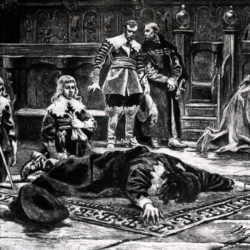
Warning: Undefined array key 0 in /home/klient.dhosting.pl/aszulinska/nplp.pl/public_html/wp-content/themes/nplp/functions.php on line 1197
Warning: Attempt to read property "name" on null in /home/klient.dhosting.pl/aszulinska/nplp.pl/public_html/wp-content/themes/nplp/functions.php on line 1197


